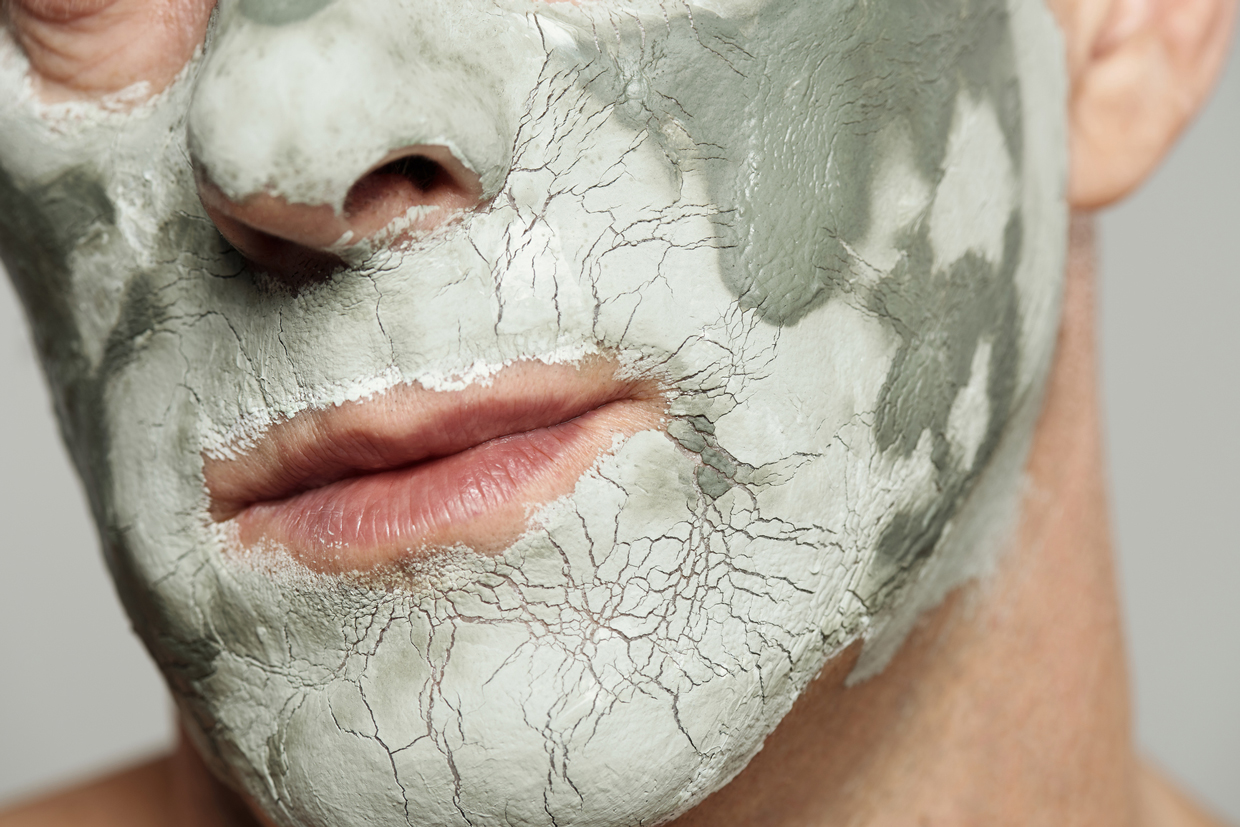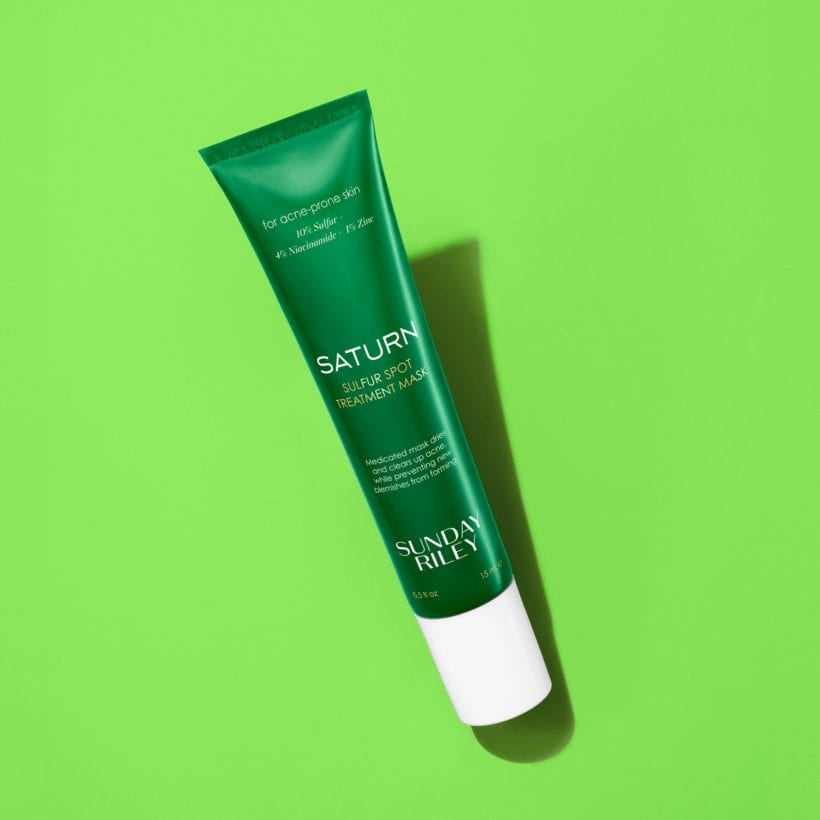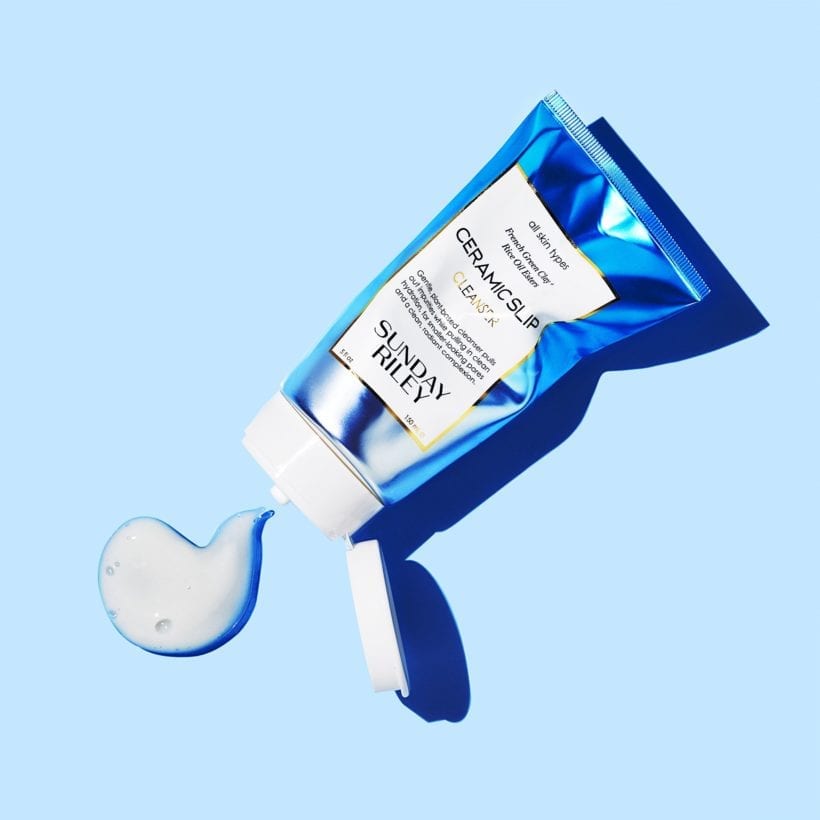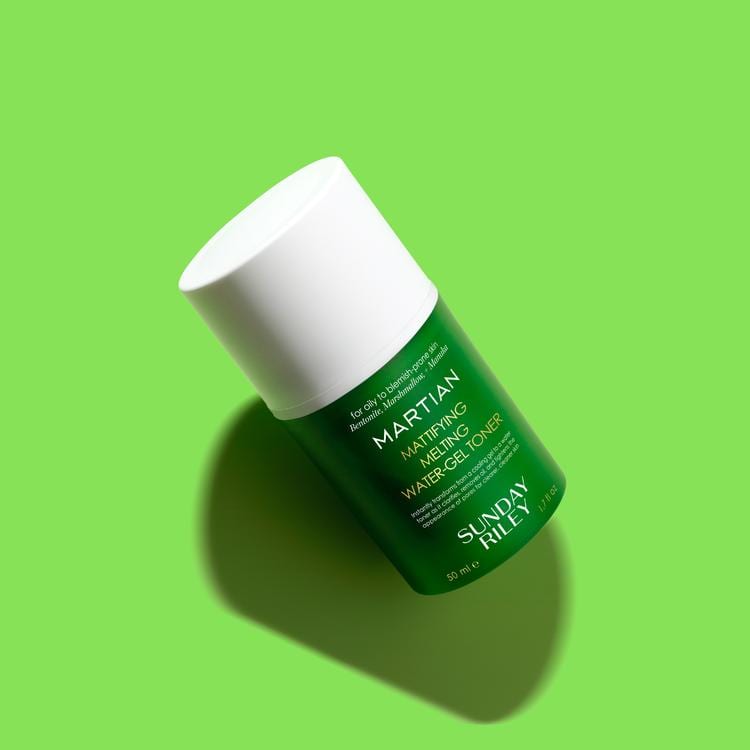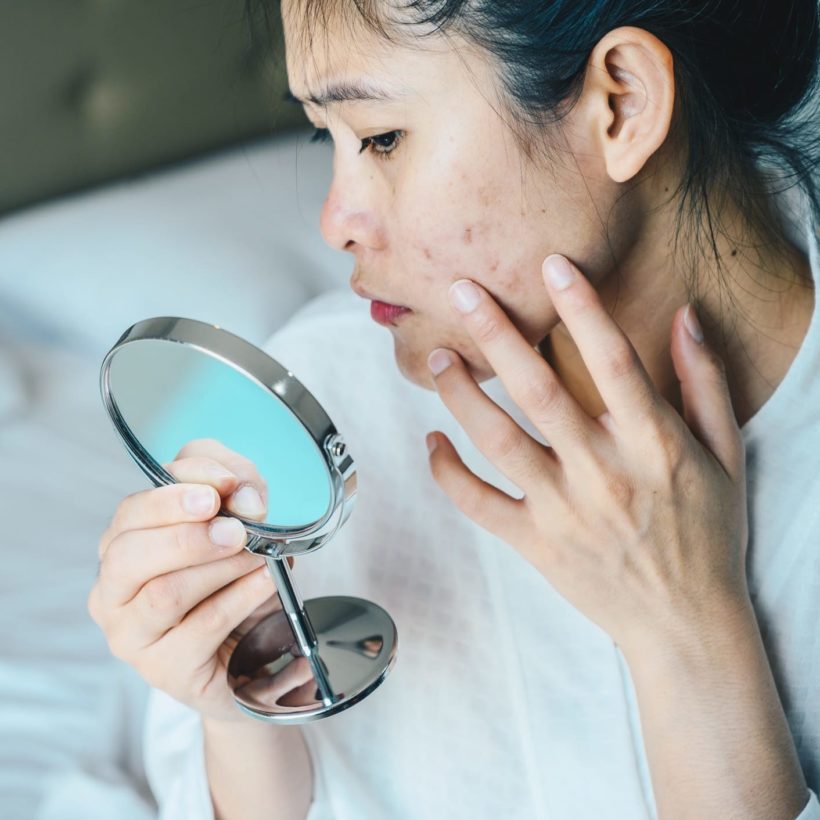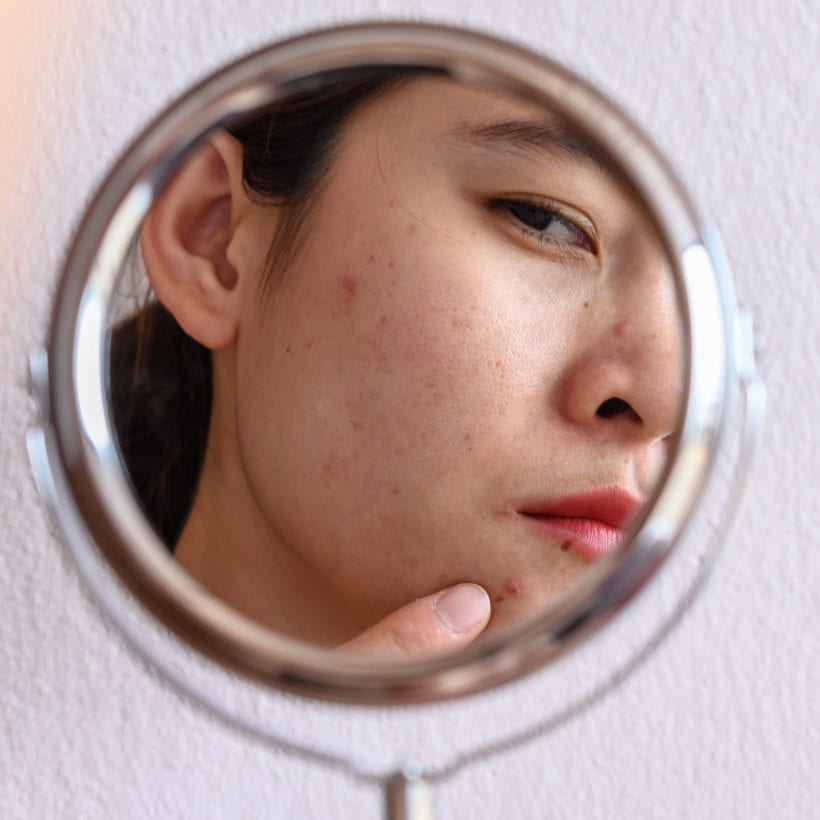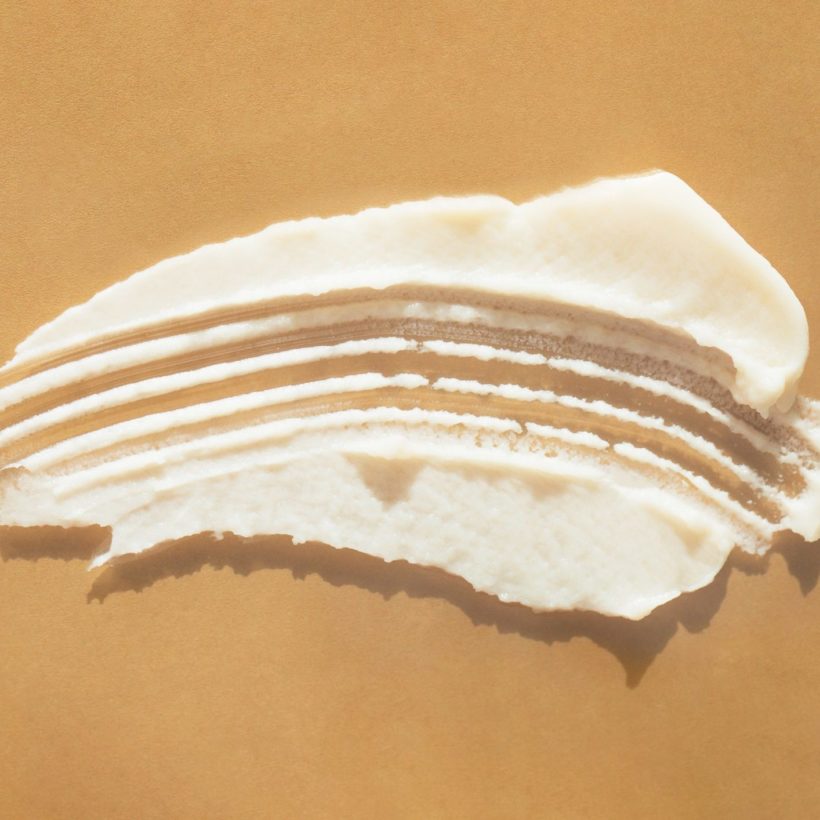Don’t you love learning about things that were used in ancient times that are still in use today because of their effectiveness? If yes, say hello to bentonite. This superfine clay, derived from volcanic ash, is rich in minerals and binds to toxins and oils, making it an effective remedy for the body (as a treatment for diaper rash, poison oak and ulcers, among other things), as an intestinal detoxifier, and especially for the complexion. “It has inherent properties that have made it usable as a skin protectant and wound agent since ancient times,” explains Dr. Anthony Rossi, a New York-based, board-certified dermatologist.

As a modern-day skincare darling, it’s fantastic for oily, acne-prone skin. Dr. Rossi explains that bentonite can absorb excessive sebum, the oily substance we produce as a natural skin moisturizer. But due to genetics, stress or hormone changes, we can over-produce this fatty acid, which leads to oily skin and breakouts. Bentonite also has antibacterial properties, so those with inflammatory acne (where the body sends an inflammatory response to deal with bacteria — red alert, literally!) will also see a reduction in bumps and redness. It’s even useful for blackheads by binding to the gunk before it’s washed away.
So, where do you get it? Two skincare superstars that boast bentonite as a key ingredient are Sunday Riley Martian Mattifying Water-Gel Toner and Sunday Riley Saturn Sulfur Spot Treatment Mask. Not only do these two products calm skin and absorb excessive oil, the bentonite in them temporarily tightens the skin, which will make pores look smaller (although not permanently — such a thing is not possible).
Can anyone use bentonite? “People with rather dry skin may become overly dry due to the clay’s absorption,” says Dr. Rossi. Again, look to products like the Martian Toner and Sulfur Spot Treatment designed to be non-drying and gentle for sensitive skin types. If you have dry skin, you may try Ceramic Slip Cleanser. It cleans pores without stripping the skin of its essential moisture thanks to the mix of French green clay, bentonite, white kaolin and rice oil esters. If you want just to treat a pimple, use the Saturn Sulfur Mask as a spot treatment on that area as opposed to all over the face.
Are there any other red flags concerning bentonite as a skincare ingredient? Think twice before you DIY. You can buy bentonite clay in a powder form and make your own masks, but experts warn against this, as there’s no FDA regulation on how clay is sourced: “Clay powders can be contaminated with other heavy metals such as lead,” cautions Dr. Rossi. Stick to the trusted, reputable professionals and brands when it comes to putting things on your face and body.
We only recommend products we have independently researched, tested, and loved. If you purchase a product found through our links, Sunday Edit may earn an affiliate commission.
